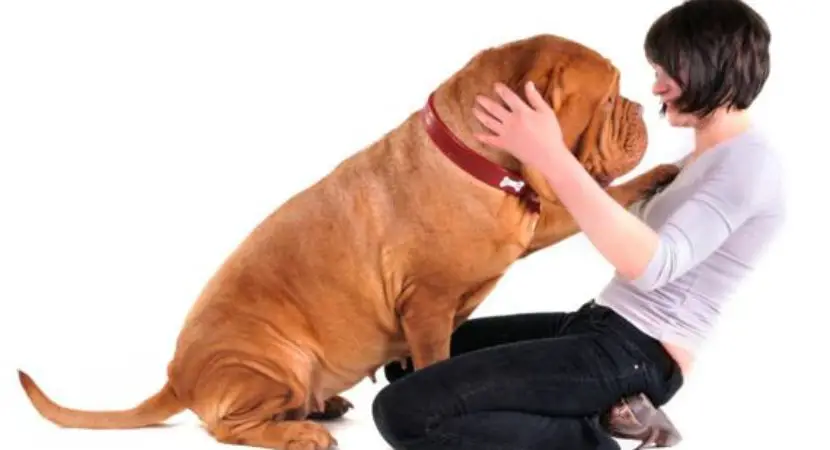Just like with you your pet need to eat healthy, too many snacks or feeding your pet the wrong food will most likely cause a gaining in pounds. Healthy pets are happy pet and if your pet is overweight he/she can be heading for a number of ailments so keeping them slim not only adds to their lifespan but also prevents a number of strenuous illnesses.
Health issues that are found in overweight pets can include but is not restricted to only these: Heart Disease, Joint Disease, Diabetes, Ruptured Cruciate Ligament, Pancreatitis, Disc Disease as well as cause immune system problems and even cancer.
So how do you know if your pet is overweight and will need to lose a pound or two? The safest way is to consult your local vet so that they can measure the BCS of your pet and determine how much extra weight is being carried around. An obese pet is more obvious to notice and if that is the case you should consult your vet as soon as possible to prevent any lingering issues as there are a few medical conditions that could also cause weight gain.
If you weigh your pet regularly you will notice if there is any change in weight gain and in accordance to your pets size even one pound can make up 10% or more of their total weight. So what difference does 10% make? Take 10% of our weight, if you weigh 150 pounds it will be an extra 15 pounds that is a lot, is it not? So now you see why it is so important to check your pet’s weight regularly.
So let have a look at some of the things you can do for your pet to shed those extra pounds!
Let’s start with the diet your pet is on. Love does not equal food; let’s just get that straight okay. Your pet can’t say no, I don’t want that snack as it will make me fat. It is your responsibility to ensure the food you feed your pet is healthy. Yes, a snack now and then is nice and should not be taken out completely, but the type of snack can make the world of difference. Consult your local vet to find out which snacks are healthy for your pet and how much he/she can have.
Then also get the right food for your pet, some foods are high in carbs and sugars and will cause weight gain in pets. Only feed your pet the amount he/she need per day do not just fill their bowl and allow them to eat as much as they want. Like kids, animals will keep on eating as long as the food is there and they enjoy it. So the type of food as well as snacks that is consumes daily need to be measured and must be the right kind.
You can also ask your vet for medication to assist in your pet’s weight loss goals as well as acquire about the general health and if there are any supplements you might have to give your pet. Daily exercise will also be recommended as your pet needs to condition his/her muscles.
MUST READ: Diet Soda: Are You Pouring On The Pounds
Start slow with basic walks around the block depending on the condition of your pet. If your pet is extremely overweight it will be difficult to run after a ball but as you notice your walks becoming more brisk you can add activities. Once again start with just a ball run or two and as your pet gains speed you can take it up a notch.
A fit pet is a happy pet, so remember to add exercises to their routines and only feed them what they need cutting back on the table food. As for love a brush down or hugs in addition to play time will give them joy.

